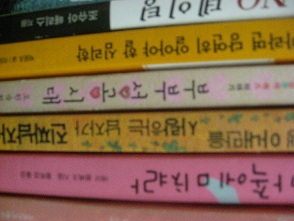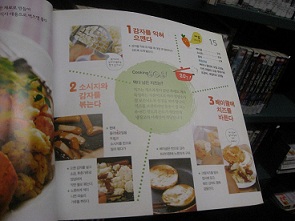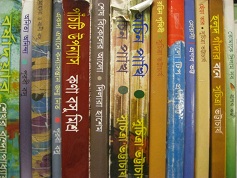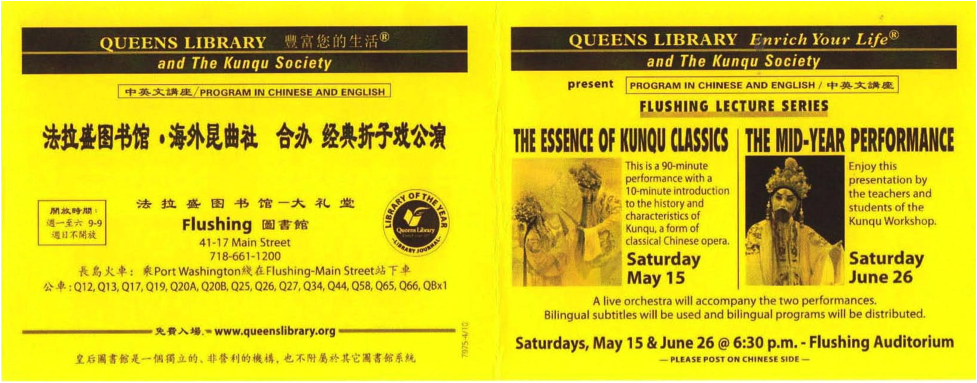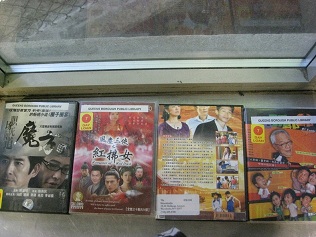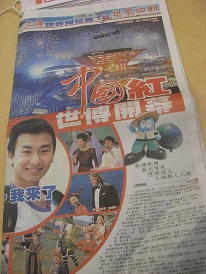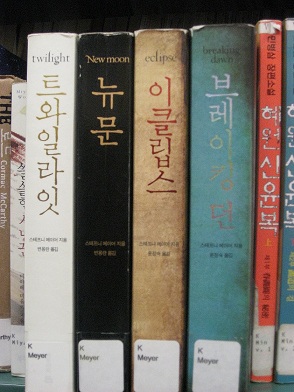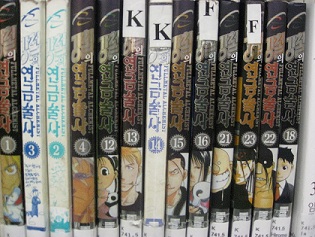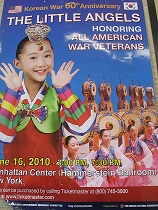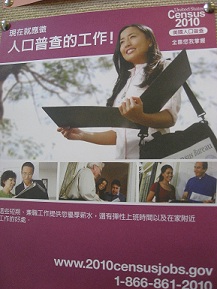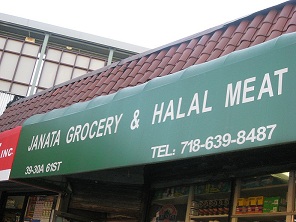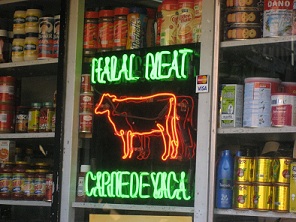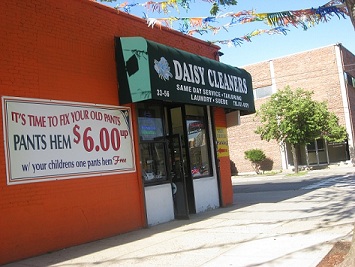From The Peopling of New York City
Woodside Library
The Woodside Queens Library offers many services in various Asian languages to all its members. Most of the materials available in foreign languages are in Spanish, Chinese, Korean, and Japanese. There are newspapers, magazines, picture books, novels, DVDs, and CDs in these languages. The library is vital to the immigrant community since it educates them in numerous fields ranging from health care to American laws. It is a multicultural center through which various ethnic groups have the opportunity to interact during courses and workshops as well as extracurricular activities in dance and music. Although it is a small library, numerous people come here everyday to check out books, read or use the computer. English courses for multilingual people are also offered as well as job workshops. Due to the large number of immigrants who go to this library, workshops are also given on immigration which help people learn how they can apply for visas for their family members back home. Most of the people who come to the library are Filipinos, specifically Filipino children because there is a Catholic school which many of them attend across the street from the library. There is also a junior high near the library which students of various ethnic backgrounds attend, so they often come after school to do their homework and complete projects as well.
Who comes to this library?
Irish, Filipino, Korean, Chinese, Bengali, and recently, Tibetan immigrants mostly come to the library.
Services for Children There is a Toddler Learning Center as well as a “Picture Time” program. Librarians and volunteers read stories to children.
Activities for Teenagers & Adults There is a summer reading program for teenagers which encourages them to read as many books as possible in any genre they like. There are also book clubs for teens and adults in which a few books are chosen each month to read and discuss. However, the library’s programs are not limited to reading and discussion, they also offer music and dance courses. Since the vast majority of library members are immigrants, workshops and classes are offered in other languages. The New Americans Program educates immigrants on what they need to become naturalized citizens, including English proficiency, a knowledge of American history, and certain legal documents. Various cultural programs are also offered, the Kunqu Society is offering a lecture series in Flushing on the Kunqu values and history. The library also sponsors Asian, Latino, and gypsy dance performances.
Interview with Jingru Pei, Community Library Manager
1. When did this library open? It opened in 1939.
2. Who comes here? Many different immigrants come here, mostly Asian immigrants. Irish, Philipino, Korean, Chinese, Bengali, Tibetans, and Latinos mainly come here.
3. What kind of services does this library offer for children? We have a Toddler Learning Center and the Picture Time program. Stories and picture books are read to children.
4. What kinds of activities are available for teens and adults? There is the Coping Skills program which helps new immigrants learn about life in America and teaches them important things they need to know about health care, jobs, and laws. There are ESL programs, book clubs, and music and dance programs.
5. What languages do you have materials in? Spanish, Bengali, Chinese, Korean, and Philipino.
6. What role does the library play in the community? Community meetings are held here. They held the Town Hall meeting here last month. They also have Census Test recruiting at the library and the library provides tax forms to the people.
Janata Grocery & Halal Meat
The Bengali-owned grocery caters to the needs of the Desi population which lives in Jackson Heights. Since the store is located right next to the 7 train on 61st street, American products and snacks for the passerby are also sold. This grocer has a great variety of products ranging from hair dyes and oils to sweets and spicy entrees. Stores that sell cultural products allow immigrants to maintain a connection with their native countries because they can stay updated through the Urdu newspapers on what's happening back home. Desis can also buy cultural products to make traditional meals, which allows them to continue practicing their culture in America and also gives Americans an opportunity to try new things. Like the shops in Chinatown, most shops of this sort serve a common purpose of providing shoppers with a new variety of products from other countries.
Daisy Cleaners
33-56 62nd Street
This Korean-owned dry cleaners has been open for 25 years and has customers from a variety of ethnic backgrounds. All of the workers are immigrants who share the classical immigrant story. The majority of the workers are Korean, however, there are also Ecuadorian, Mexican, and Colombian immigrant workers. Like many other immigrant businesses, most of the workers spoke very little or no English at all because it was not needed for their jobs. They were skilled workers who usually worked in the garment industry in their native countries. Many of these immigrants share similar stories, despite the fact that they have different ethic backgrounds.
Interview with one of the Seamstresses (Mrs. Azumne):
1. Where are you from? Korea
2. Is this a family-owned business? No, a lot of different people work here.
3. When was this store opened? It was opened 25 years ago, and had several different owners. The present owner is a Korean businessman.
4. Who works here? Different people work here. Mostly Koreans, there are also Ecuadorian, Columbian, and Mexican immigrant workers.
5. What languages do you speak? Some English and Korean, most people speak a little bit English, but we don't talk that much because we are always busy.
6. How did the owner decide on the location of the store? He bought the store from a previous owner. He wanted his store to be in a quiet, peaceful neighborhood and he needed a large shop because he does wholesale dry cleaning.
7. What services do you offer at your shop? We do dry cleaning, sewing and alterations for leather and suede and other materials. We also have a wash and fold service.
8. Did you work as a seamstress in Korea or did you have a different profession? I worked the same kind of job in my country, but in America, I make more money.
9. Who comes to your dry cleaners? People from all different countries come here. Lots of people from the neighborhood like to drop off their suits for dry cleaning.
